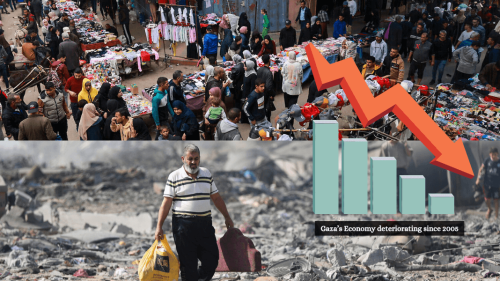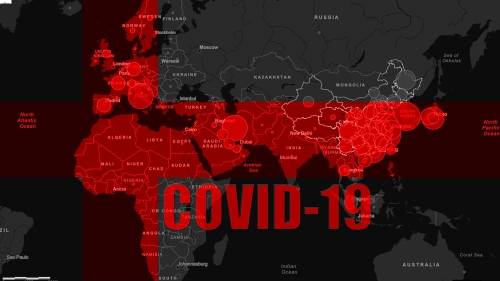How to take a bank Islamic

The Islamic finance industry is increasingly turning to buying and converting conventional banks as an alternative to starting green-field operations.
Following are some factors investors need to consider.
SCHOLARS
Every Islamic financial institution has a board of Islamic scholars approving banking products and transactions based on their interpretation of Islamic law, or sharia.
The sharia board will guide the bank during its transition period to an Islamic bank.
Standards vary between regions and scholars and having a top scholar is seen as crucial for products' acceptance in the market. The top six scholars hold 31.7 percent of all surveyed board positions in research by Funds@Work.
GRACE PERIOD
Scholars will grant the bank a transition period, during which it adapts its operations to be compliant with sharia. This period is usually between 24 and 36 months.
NON-COMPLIANT ASSETS
Islam bans investments in certain sectors such as alcohol, gambling and pork that need to be sold during the grace period. Scholars will decide whether these can be booked as revenues or need to be given away to charities.
Derivative and hedge funds portfolios are also likely to be sold as most scholars oppose these.
OTHER ASSETS AND INSTRUMENTS
Most investments and conventional loan structures can be replaced with Islamic structures, provided the customer agrees.
But most banks prefer to let conventional loans expire to avoid the costly legal process of renegotiating the contracts.
For instance, most banks that converted have opted to sell the converted bank's credit card portfolio due to the high conversion costs.
ACCOUNTING AND RISK MANAGEMENT
Islam calls for all transactions to be underpinned with physical assets to account for the ban of interest. In many transactions the bank buys a commodity on behalf of a loan customer and sells it onto him on a deferred basis.
In case of a car lease product, the bank actually owns the car, which needs to be reflected in the bank's accounting.
The risk management of Islamic banks is also considerably different from conventional lenders as Islamic capital providers share in the business risk of loan-takers.
The core liquidity management instruments used by the industry are disputed by scholars who generally only accept them for lack of alternatives.
HUMAN RESOURCES, IT SYSTEMS
Many Islamic loan transactions and products resemble conventional ones, so experts have said little training would be needed to familiarize employees with the work-flows of a sharia-compliant bank.
However, the bank's core banking IT systems might have to be replaced or at least over-hauled to reflect the changes in work-flows and accounting.

















